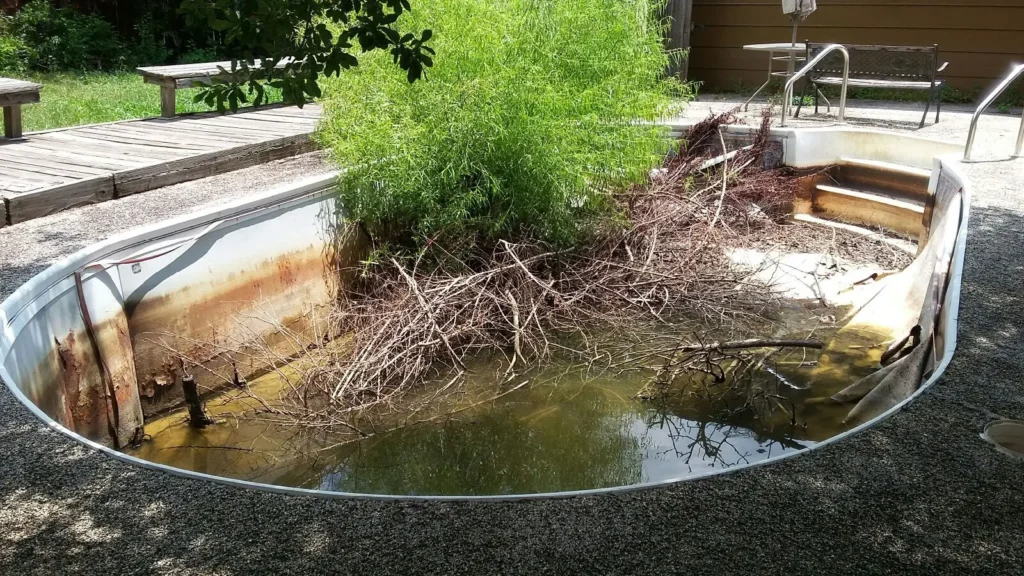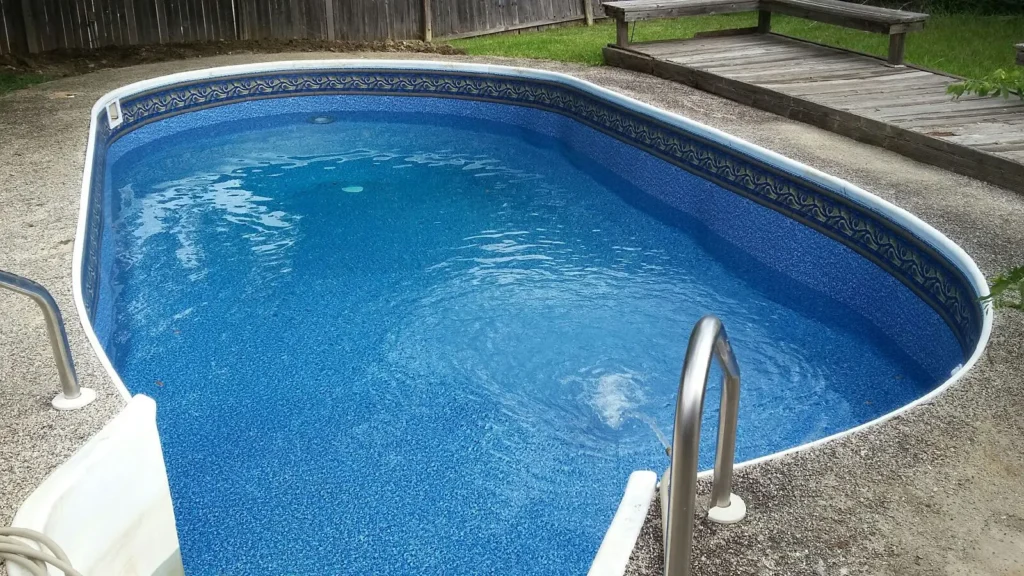44
Buying a House with a Swimming Pool
We are now entering the time of year when people move. On average more than 40 million people move each year in the United States, and it is estimated that 80% of those moves occur between April and September (movinglabor.com). An inordinate amount of these moves are occurring right here in north Texas. Many of these moves will be to homes that have existing swimming pools. I am often asked, “Is purchasing a house with an existing swimming pool a good idea?” The answer is Yes. No. Maybe.
First, you should determine if a swimming pool would be a good fit for your situation. If you do not use the pool or could use the money elsewhere, then purchasing a swimming pool is probably not a wise financial move.
There are people who love their pool and would not think of owning a home without a pool, and then there are people who do not like pools and do not want another one. The determining factor as to what side they fall typically comes down to whether or not they use the pool.


This vinyl pool was originally built by Pools Plus in the 1980’s and had been abandoned for several years. Repairs were made for much less than a new pool would have cost and the pool can still provide many more years of enjoyment for the homeowners.
If you have decided that purchasing a house with a pool is a possibility, following is some information to assist you:
What type of swimming pool is it?
There are three different of in-ground swimming pools in the Denton area:
Concrete (Gunite) Pools – This is by far the most popular type of swimming pool in the Denton area. The advantages of a concrete (pneumatically applied called gunite) pool are permanence, durability, and flexibility in terms of design. In addition, this is typically the most expensive of the three types of pools.
Vinyl-Lined Pools – Vinyl-lined pools are typically the least expensive type of in-ground pool and they were a very common type of pool in the Denton area in the 1970’s and 1980’s with Blue Dolphin Pools and Pools Plus installing the majority of them. Although vinyl-lined pools are durable, the vinyl liner will not last forever and will need to be replaced every 5-10 years, depending on several variables.
Fiberglass Pools – Fiberglass pools tend to fall between vinyl-lined and concrete pools in terms of price. These pools are prefabricated and then delivered to the site. Fiberglass pools are somewhat limited in size and shape. They have historically not been very popular in the Denton area but some do exist, and they do seem to be making a comeback.
Is the pool the right pool for you?
Swimming pool designs have changed dramatically over the past the last 25-30 years and your perception of what you want your swimming pool to be might not fit what the existing pool is. Does the size and depth of the pool fit your needs? Is the style what you had in mind? For example, you might want a very formal, straight-line pool and the pool is a natural, lagoon type pool. There are many things that can be done to an existing pool and to a backyard environment to make changes that you desire – such as landscaping, concrete or wood decking, cooking area, furniture, lighting, sound system, putting green, children’s play area, etc.
What condition is the pool in?
This is the most important part of the process in determining if purchasing an existing house with a swimming pool is right for you. One of the most important determinations to make is whether or not the pool is leaking. Pools will typically lose no more than ½” of water in 24 hours due to evaporation, so I would suggest checking this initially. Pool leaks can be repaired, but it is important to they be repaired. A few other things that you can visually check prior to purchasing the house are the following:
- Tile & coping – Do they appear to be in good shape? Is any grout missing?
- Interior finish – Are there any spots where the gunite shows thru the interior finish? Any cracking?
- Caulking around the pool (between coping & pool deck) – Does it appear to be in good shape?
- Concrete decking around pool – Does it have large cracks in it? Does it show signs of stress or movement?
- Deck equipment – Is the diving board, slide, ladder, etc. in good shape?
- Mechanical equipment – Are there any leaks at the pool equipment area (pump, filter, heater, timer).
- Does it operate? How about the pool light?
- Fence – Is the fence in good shape? Most municipalities (as well as insurance companies) require fences and operating gates be in working order.
Most real estate inspectors do a fairly good job of checking the pool, but in some cases it might be beneficial to have a pool professional look at the pool. Please be aware that all pools have some type of flaw or repair that needs to be made, so do not get discouraged if the pool is not perfect.
How much will it cost to own the pool?
There are several costs of owning a swimming pool. Monthly chemical and utility costs (electricity and water) are approximately $100-$150 for the average-sized residential pool. If you hire someone to maintain the pool for you, expect to pay approximately $150-$250 per month, depending on several variables. In addition, repairs sometimes have to be made to the pool, so it is a good idea to budget some repair costs as well.
There is little doubt that in most situations you can save money by purchasing a house with a pool versus have a pool installed in your backyard, and as long as you do your homework and understand what you are getting, you can have a pool that can provide enjoyment for many years. With that being said, we all get excited when considering a new home (and pool), but it is important to do your due diligence and know what you are getting into prior to making the commitment of pool ownership.




